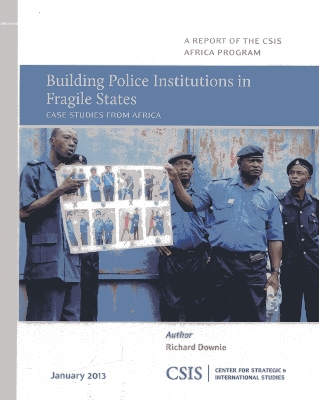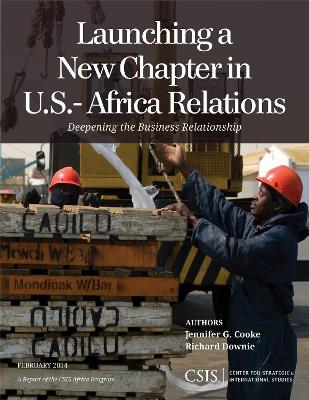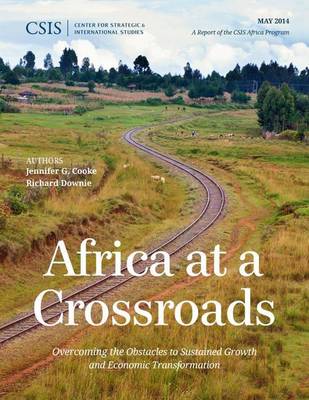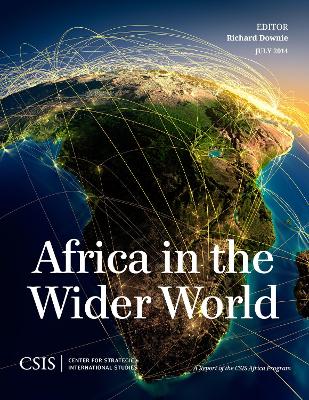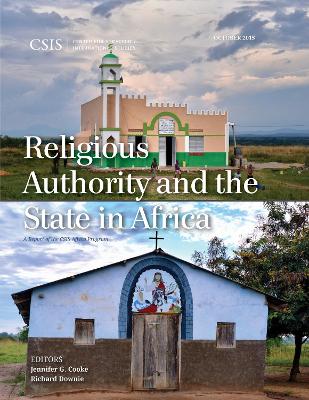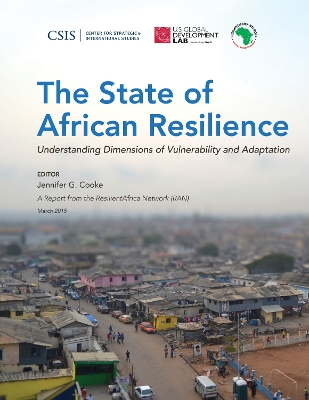CSIS Reports
7 total works
The police are one of the most critical institutions of the state. This is particularly true in nations emerging from conflict, which are characterized by insecurity and high levels of crime. Without security, governments cannot begin rebuilding their economies and improving the lives of their citizens. As a result, they will continue to struggle for legitimacy, and a return to conflict will remain an ever-present risk. For citizens, a police officer is the symbolic representation of state authority. Their view of the state and their acceptance of its authority are partially shaped by their interactions with the police. The aim of this report is to look at what the United States has been doing to help reform or transform the police in three African states: Liberia, Sierra Leone, and South Sudan. It provides recommendations of what could be done better, or differently, based on an assumption that the federal budget for overseas policing will remain small. The findings are based on meetings with policymakers and other experts in Washington, D.C., as well as interviews with program implementers, government officials, police, and civil society representatives in all three countries.
Launching a New Chapter in U.S.-Africa Relations
by Jennifer G. Cooke and Richard Downie
Published 1 January 2014
Africa's changing economic landscape is prompting a shift in how U.S. policymakers view the continent. High growth rates, new technologies, and a rapidly expanding consumer class are driving greater global competition for investment and access to potential export markets, and the United States is recognizing that it will need to step up its game to remain relevant and influential in an increasingly crowded and competitive environment. This will mean placing a stronger emphasis on strengthening trade and investment ties and encouraging U.S. companies to take fuller advantage of expanding opportunities. Playing up these opportunities will not only serve long-term U.S. commercial interests in Africa but will serve U.S. development and diplomatic objectives as well. U.S. investments, done right, can have long-term development impacts in Africa, through technology and knowledge transfer, training, systems development, and partnerships. And a new, more optimistic engagement with Africa's citizens and entrepreneurs will have strong resonance with the continent's up-and-coming generation, creating links based on enduring mutual interest.
Many of Africa's economies are at a crossroads, with an unprecedented opportunity for sustained growth, structural change, and accelerated development. Each will face a unique set of economic and political circumstances, but key to the success of all will be building critically needed infrastructure, deepening regional integration, and building a skilled workforce. Across these three challenges there are new possibilities for corporate and public actors to work in partnership to overcome barriers to investment and structural transformation. This report highlights examples of progress and positive collaboration and identifies areas where African governments can do more to make the most of current opportunities.
In this collection of essays, regional and functional experts from CSIS consider Africa's current place in the world, including trade and investment, peace and security, and democracy and good governance. The authors consider how Africa's transformation is changing the way the continent is viewed externally and driving new types of engagement on security, development, and economic issues.
Sub-Saharan Africa is on the verge of an energy boom. New discoveries off the East and West coasts have raised hopes of significant revenues that can accelerate poverty reduction and enhance Africa's status as a destination for industrial investment. The question that African governments, citizens, and international partners confront is whether this time will-or can-be different. Can the harsh lessons offered by Africa's more established producers and the continent's previous energy booms be learned?
Two important dynamics have driven political and social change in sub-Saharan Africa during the past 25 years. New religious trends have emerged within the main faiths of Islam and Christianity, in particular the emergence of more charismatic, assertive forms of religious expression. Meanwhile, political space has opened in scores of countries as one-party rule has given way to a process of democratization, yet to be completed. Based on their field work in each country, the authors examine the various ways in which religious actors have chosen to engage with the state. They also consider how governments and political actors respond to, and seek to manage, these interactions.
During the last decade, sub-Saharan Africa enjoyed unprecedented rates of economic growth, with new technologies, better governance, and increasing investment flows creating new opportunities for innovation and economic and human development. Yet across the continent, vulnerable populations continue to contend with recurrent crises and stresses that leave them in a cycle of fragility and risk, struggling to recover and unable to expand economic opportunities or to improve well-being. This report examines resilience from the perspective of vulnerable communities across Africa and identifies the most promising entry points for innovations that can increase resilience capacity.
